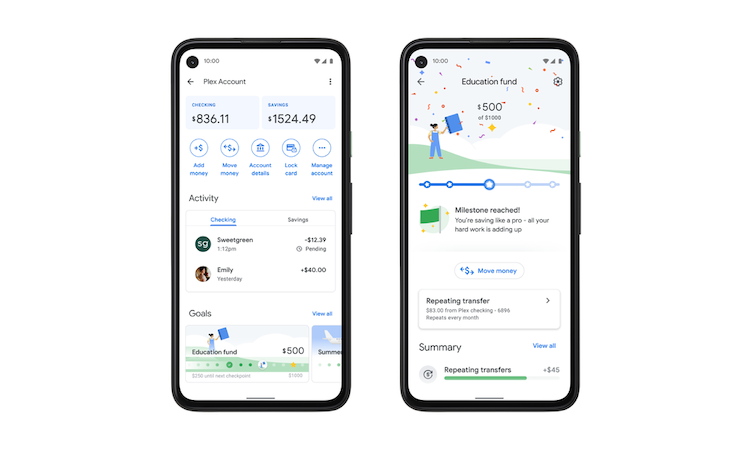Member Exclusive, New banks
What Google’s foray into banking means for incumbent and challenger banks
- Plex accounts by Google Pay are a bold example of big tech’s foray into banking.
- Big tech finance players are threatening challenger banks.








